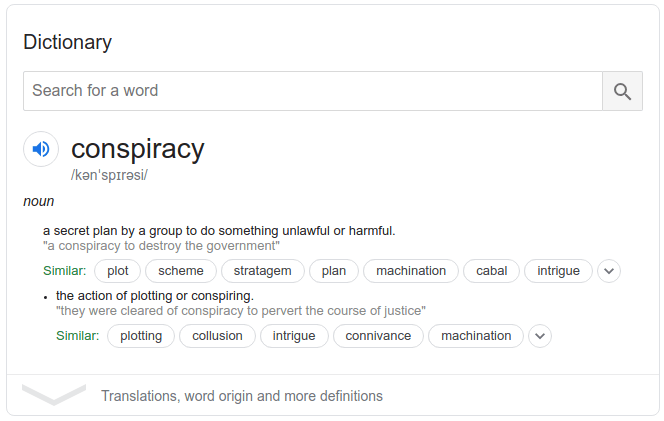

Involving fraud against the government or an individual (may include theft, forgery, robbery) General Categories of Crimes Involving Moral Turpitude (CIMTs)Ĭriminal intent or recklessness, or is defined as morally reprehensible by state (may include statutory rape) The paragraphs that follow the table provide further guidance on each category. The table below serves as a quick reference guide on the general categories of CIMTs and their respective elements or determining factors. The officer may rely on local USCIS counsel in cases where there is a question about whether a particular offense is a CIMT. For example, an offense or crime may be a CIMT in one state, but a similarly named crime in another state may not be a CIMT because of differences in the definition of the crime or offense. In many cases, the CIMT determination depends on whether the relevant state statute includes one of the elements that involves moral turpitude. The officer should consider the nature of the offense in determining whether it is a CIMT. The Attorney General has decreed that a finding of “moral turpitude” requires that the perpetrator committed a reprehensible act with some form of guilty knowledge. Whether an offense is a CIMT is largely based on whether the offense involves willful conduct that is morally reprehensible and intrinsically wrong, the essence of which is a reckless, evil or malicious intent. The courts have held that moral turpitude “refers generally to conduct that shocks the public conscience as being inherently base, vile, or depraved, contrary to the rules of morality and the duties owed between man and man, either one’s fellow man or society in general.” Extensive case law, however, has provided sufficient guidance on whether an offense rises to the level of a CIMT. “Crime involving moral turpitude” (CIMT) is a term used in the immigration context that has no statutory definition. Unlawful acts that adversely reflect upon GMC, unless extenuating circumstances are establishedĪ. One or More Crimes Involving Moral Turpitude 1. Crime Involving Moral Turpitude Willful failure or refusal to support dependents, unless extenuating circumstances are establishedĮxtramarital affair tending to destroy existing marriage, unless extenuating circumstances are established Two or more convictions for driving under the influence during the statutory period Two or More Convictions for Driving Under the Influence (DUI)

Two or more gambling offenses or derives income principally from illegal gambling activities Practiced or is practicing polygamy (the custom of having more than one spouse at the same time) Involved in smuggling of a person to enter or try to enter the United States in violation of law Incarceration for a total period of 180 days or more, except political offense and ensuing confinement abroadįalse testimony for the purpose of obtaining any immigration benefitĮngaged in prostitution, attempted or procured to import prostitution, or received proceeds from prostitution Violation of any law on controlled substances, except for simple possession of 30g or less of marijuana One or More Crimes Involving Moral Turpitude (CIMTs)Ĭonviction or admission of one or more CIMTs (other than political offense), except for one petty offenseĬonviction of two or more offenses with combined sentence of 5 years or more (other than political offense) Conditional Bars to GMC for Acts Committed in Statutory Period The sections and paragraphs that follow the table provide further guidance on each bar and offense. The table below serves as a quick reference guide on the general conditional bars to establishing GMC for acts occurring during the statutory period. With regard to bars to GMC requiring a conviction, the officer reviews the relevant federal or state law or regulation of the United States, or law or regulation of any foreign country to determine whether the applicant can establish GMC. An offense that does not fall within a permanent or conditional bar to GMC may nonetheless affect an applicant’s ability to establish GMC. USCIS refers to these bars as “conditional bars.” These bars are triggered by specific acts, offenses, activities, circumstances, or convictions within the statutory period for naturalization, including the period prior to filing and up to the time of the Oath of Allegiance. In addition to the permanent bars to good moral character (GMC), the Immigration and Nationality Act (INA) and corresponding regulations include bars to GMC that are not permanent in nature.


 0 kommentar(er)
0 kommentar(er)
